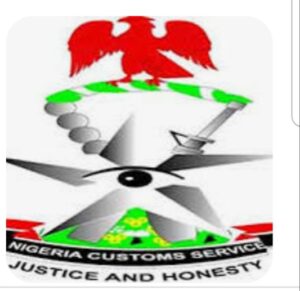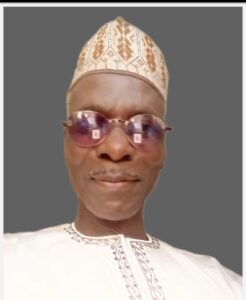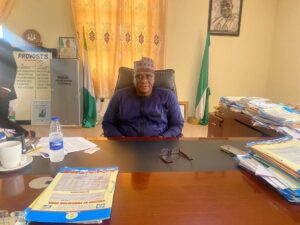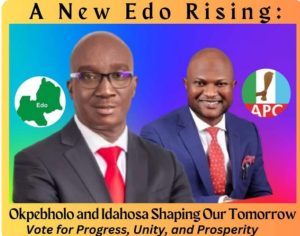Why Democracy is not Working in Nigeria By Francis Onabis
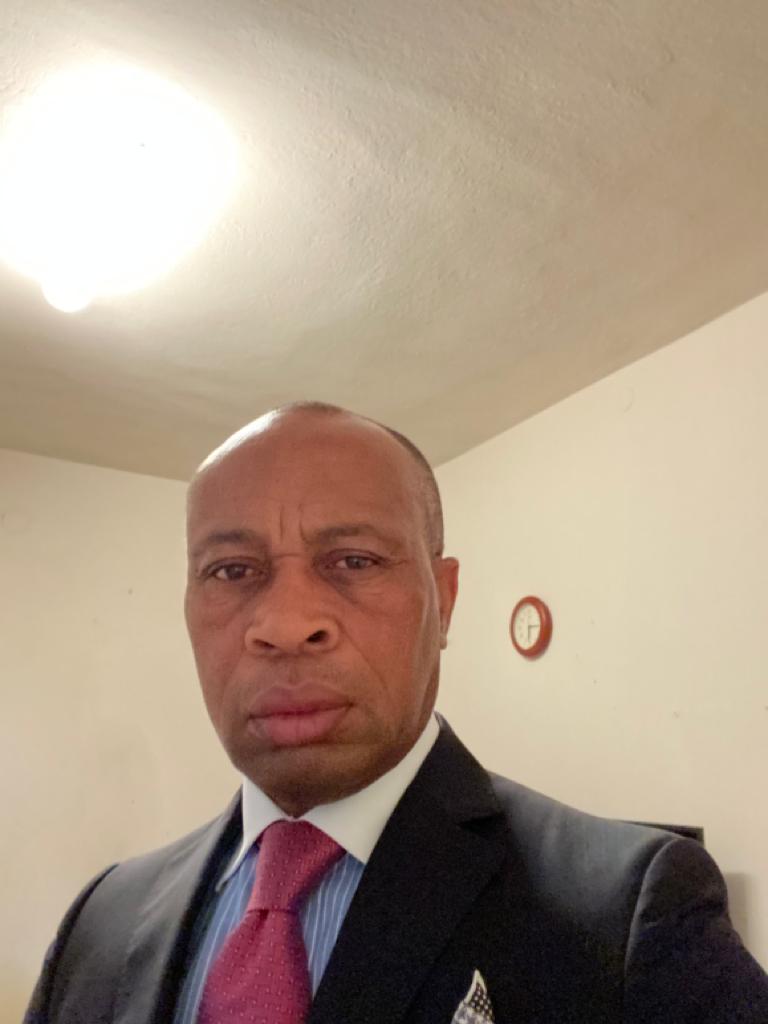
An Italy based Nigerian; Francis Onabis was born on the 3rd day of October, 1962 at Uromi, Edo state to a family that traded with iron for generations.
After his elementary and high school with an economic and commercial orientation in Nigeria, he joined Bata company and serve as a warehouse staff for 4 years. In March 1989, he resigned and started his own business of collecting and recycling plastics which he also supplied to his former employer, Bata firm. By the end of October of the same year, he stopped his plastic business and moved to Italy.
He arrived in Italy when the Martelli law was active for which he received immediate residence permit and worked in a plastic company for months. Later, he resigned and travelled to Eastern Europe to look for investors interested in projects in Africa but failed.
In 1991, he returned to Nigeria and joined Hydro Drilling International and after 11 months he completed drilling courses and was promoted to the role of bridge assistant and continued with specialization courses until the termination of employment relations with the company.
In1996 he became a partner in a real estate company of sale and renovation until the 2000s.
In 2009, he established Stillwater Sevices, an import\export marketing and logistics consultancy company, specializes in managing activities in the foreign market for the Italians.
In 2011, he contested for president of Nigeria with the aim of changing and improving the economy and well-being of the people.
Today, the dynamic and ambitious Francis has developed a special brand of wine, joie de vivre. It is an extra dry sparkling wine of excellent quality, exclusively produced with the typical Italian tradition in the Soave hills.
Francis, the father of 4 children and 4 grandchildren speaks passionately about Nigeria and the recent controversy over the fuel subsidy removal in an encounter with Wale Abydeen of SECURITY MONITOR. Excerpts
As a Nigerian who has travelled wide, how would you describe Nigeria’s democracy?
Democracy is a system of government for the people and by the people. The question is, is our system of government really a democratic one? The answer is no.
As we speak there are cases in the Election tribunal. People are contesting the fairness of the last presidential election. Another point is, there is too much money involved in Nigerian electioneering system. This is the simple reason that makes the same people that have been ruling in Nigeria for years back. For us to have a democratic election system in Nigeria, we need to eliminate the high cost of elections, people’s will must be respected without cohesion, irrespective of what part of the country they come from.
What’s your view about the recent transition program in Nigeria?
If I understand you correctly, Since 1999 Nigeria has been able to transfer power from one democratically elected president to another without hitches. Therefore, I made bold to say that the problem is not the transition but the electoral process. Our electoral process is laced with money and moneybags. This cannot guarantee a complete democratic system and we need to change the status quo.
What are your expectations from Presiden Bola Tinubu’s government?
The only way President Tinubu can succeed is to change the way things are done in Abuja. The status quo must change. He should employ the best Nigerian brains to help him. Appointment should not be political. People should be appointed on merit. He must choose a sector of the economy he wants to work on and ensure all Nigerians benefit from his programs.
For example we all know the foundation of development is energy and agriculture. He should make it a priority to increase Nigeria energy production within the next 24months so also is food production. A Nation that cannot feed
her population is not a rich nation.
Subsidy removal is still a subject of controversy, what is your take on it?
Subsidy removal is the right thing to do. But removing the subsidy and not solving the fuel supply problem is not only counterproductive but it is a waste of time and energy. As a matter of urgency the government should revamp the existing refineries and instruct all the multi-nationals operating in Nigeria to build refineries. We should be not only export crude oil but also refine the products. When there are sufficient refined products in the country this will drive down cost of petroleum products also creating more jobs.
How best do you think government can handle the fuel crisis in Nigeria?
The government should not bow to pressure from labor unions and oil marketers. The government must ensure that all marketers adhere to the rule of law any person found wanting should be made to face the music. I would not suggest government borrow money to give the masses as palliatives.
What’s the way forward for Nigerian democratic process?
In my own view, Nigeria should go back to the drawing board and find out less expensive way of governance. The present system is foreign to us as Nigerians and it’s too expensive to run. We cannot be borrowing money to run a government why the population suffers. It is not tenable. It is undemocratic as it the majority bears the brunt.

